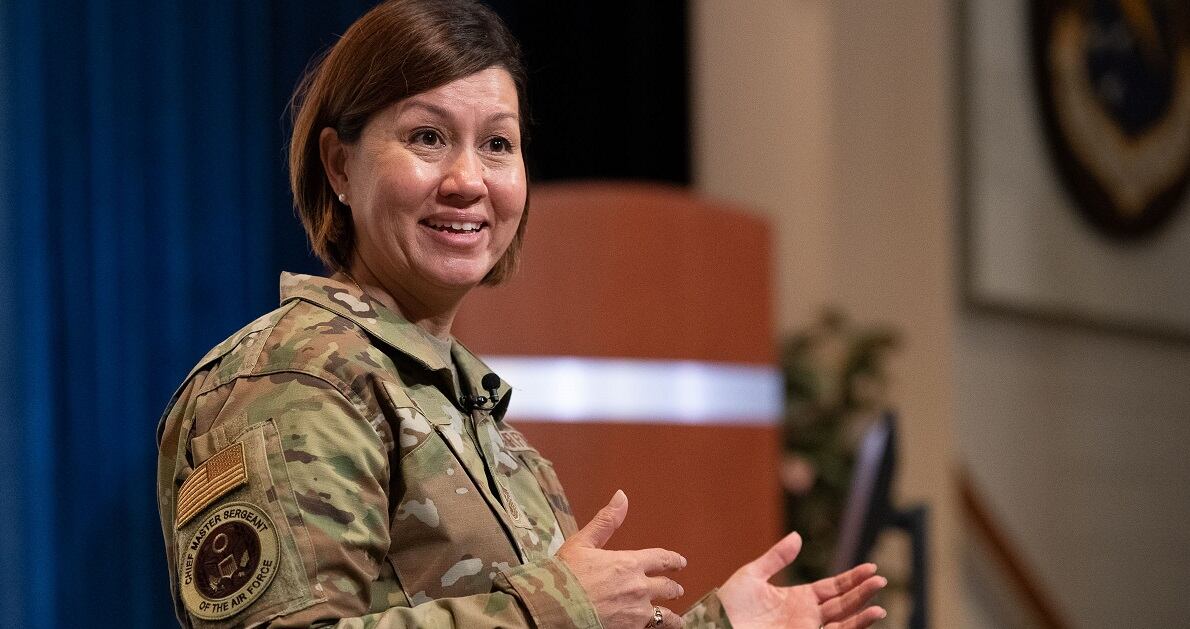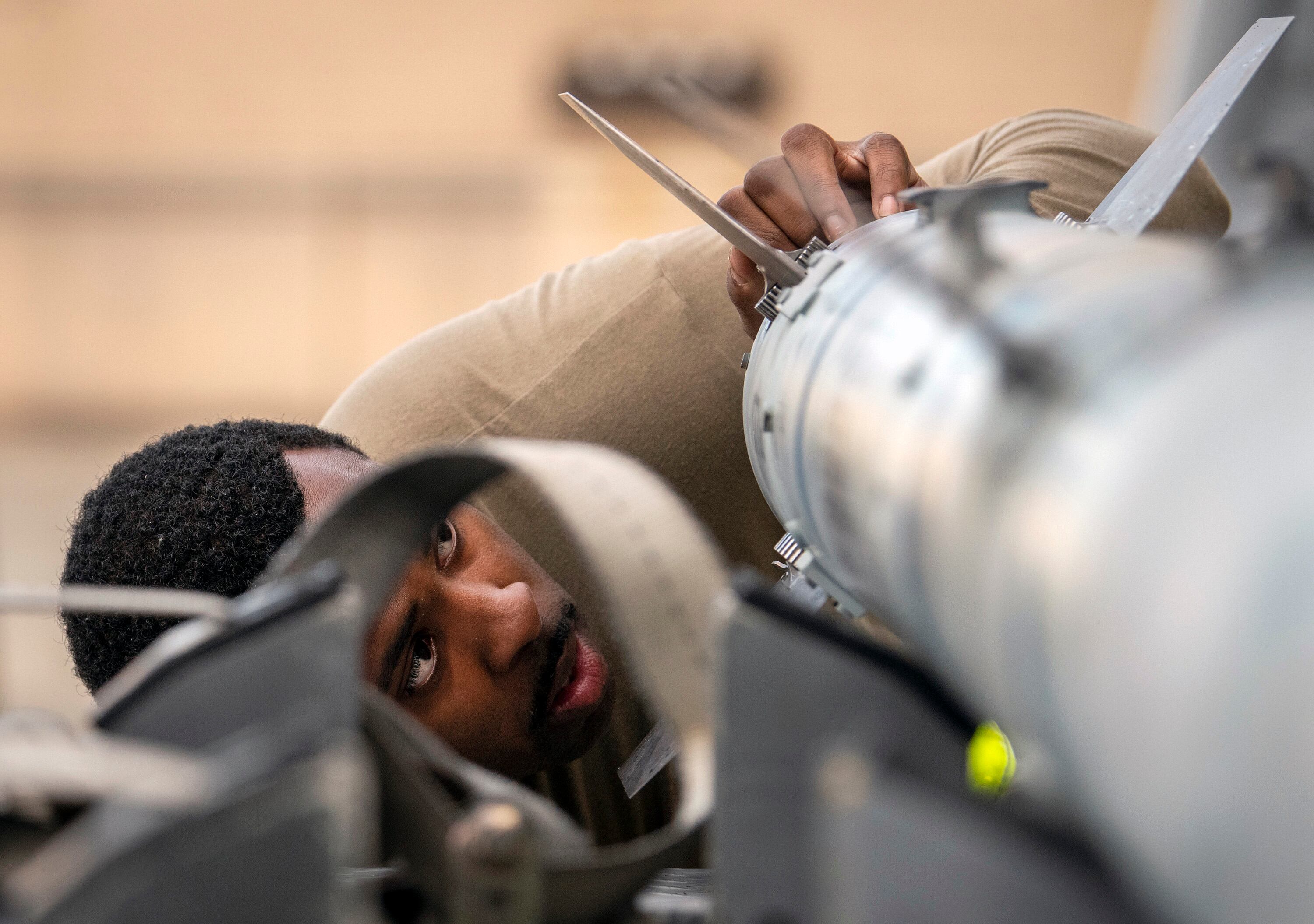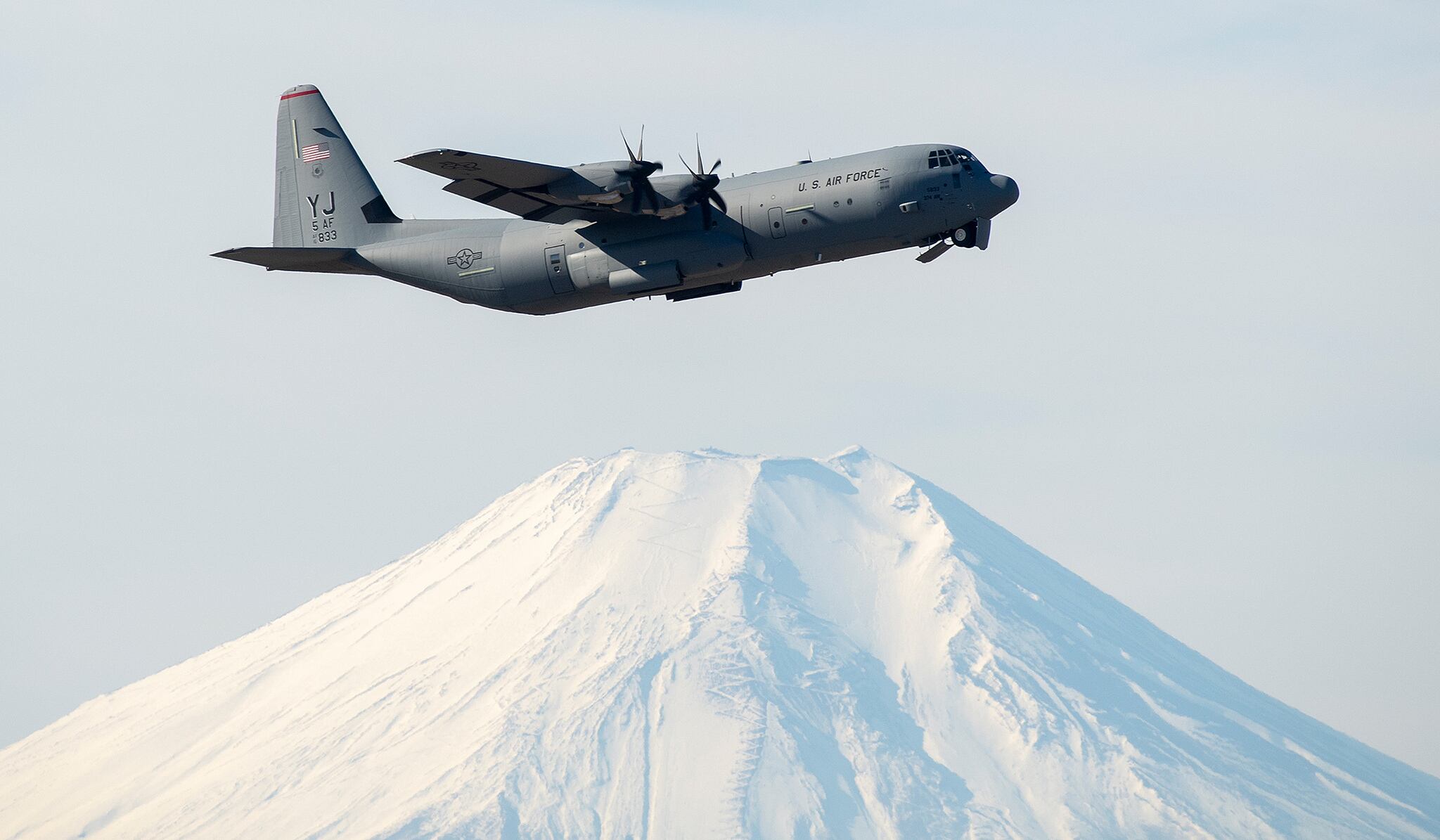Air Force leaders are sifting through a list of proposed changes to how airmen are assigned new jobs, and may announce some updates by the end of September.
After about a year at work, a panel of airmen from across the service has floated more than 90 suggestions for assignment reform. Now it’s up to the Air Force’s personnel branch, the Air Force’s top enlisted leader and other officials to bring some of them to fruition.
The recommendations are part of an overarching effort to improve quality of life and career opportunities across the force.
RELATED

“We’ve got to start to change some of our assignment policies to mirror what today’s military family looks like,” said Chief Master Sergeant of the Air Force JoAnne Bass in an exclusive Sept. 6 interview.
Their ideas fall into three broad categories: policy changes that cost nothing; changes that require funding, possibly software and other resources; and wider-ranging updates that will take more time to flesh out.
For instance, while the Air Force tries to station two active duty spouses in the same place, it never created a similar policy on how to assign jobs to couples with one active duty airman and one Reservist or Guardsman.
That’s “kind of crazy,” Bass said. “That’s an easy fix.”
RELATED

The Air Force could also change how it considers airmen for emergency transfer to another base, such as sexual assault victims trying to get away from their abuser.
“There shouldn’t be any calculus,” Bass said. “I don’t care how long somebody’s been ‘time on station.’ We’ve got to expedite people and allow them to be able to transfer out of their duty station.”
Among the more complicated proposals is a suggestion to rethink how long airmen should live at each base.
“Are short tours and long tours and standard tours appropriate for today’s force?” Bass said. “What might have been considered a hardship tour 15 or 20 years ago may not be a hardship tour [now], and it doesn’t need to be a short tour.”
Short overseas postings such as at Morón Air Base, Spain, or Pápa AB, Hungary, can last one to two years. Long postings can last three or four years in places like the United Kingdom or Japan.
RELATED

In February, then-Air Force personnel boss Lt. Gen. Brian Kelly told House lawmakers that enlisted airmen spend just over four years at installations in the continental United States on average, while officers spend about three years at each base.
Bass argues it’s time to reconsider how long airmen remain at stateside bases. She’s open to the idea of standardizing the length of those postings, and offering extensions to people who request them — as happens for assignments abroad.
“Perhaps if it’s a win to the airman and it’s a win to the Air Force to keep that member there for another year or two years, allow our command teams to … take a look at that,” she said.
Airmen don’t necessarily have to stay in the same job if they want to remain at a particular base. If a slot is open and they meet the requirements, the Air Force can move someone into a new unit at their current base or one nearby to maintain some stability.
The service is also trying to make job opportunities more transparent and accessible so airmen can better explore their options. At the same time, it wants more flexibility to move people around — or not — as needed.
A bearish manpower outlook means the Air Force has to plan ahead to avoid stretching the force even thinner.
“We really have to be thoughtful [about], how do we keep talent on the table five years from now, 10 years from now, 15 years from now?” Bass said. “Assignments matter to people.”
Rachel Cohen is the editor of Air Force Times. She joined the publication as its senior reporter in March 2021. Her work has appeared in the Washington Post, the Frederick News-Post (Md.), Air and Space Forces Magazine, Inside Defense, Inside Health Policy and elsewhere.



